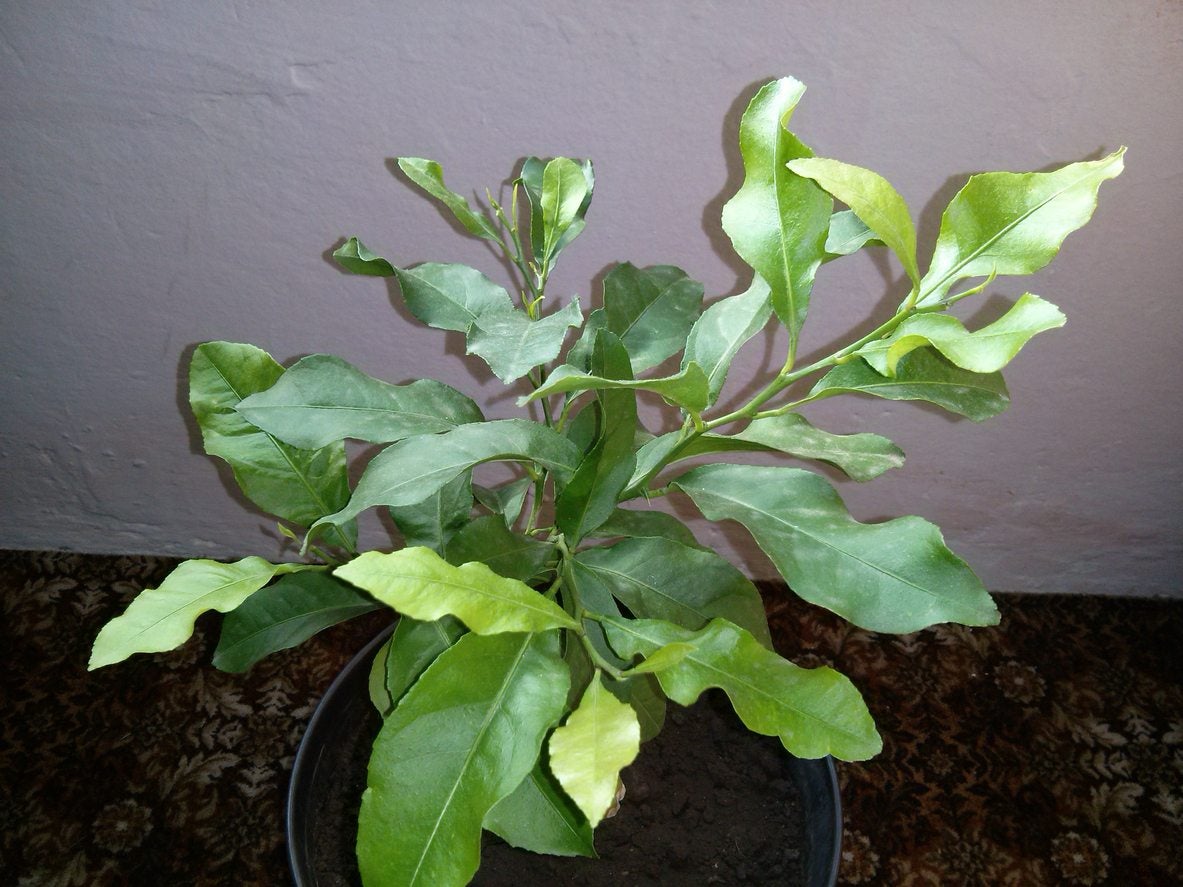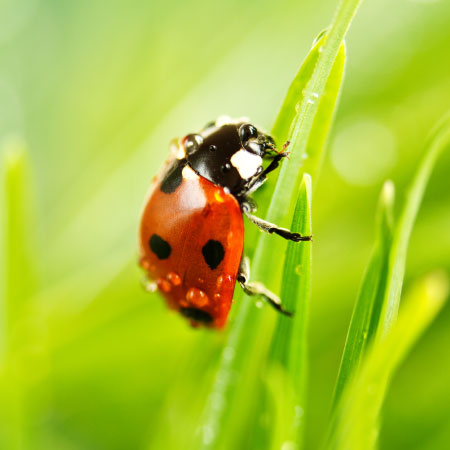Yellow Lemon Tree Foliage – Why Did Lemon Tree Leaves Turn Yellow


Sign up for the Gardening Know How newsletter today and receive a free copy of our e-book "How to Grow Delicious Tomatoes".
You are now subscribed
Your newsletter sign-up was successful
When life gives you lemons, you make lemonade – and lots of it if you own a lemon tree! Do you know what to do when your tree has developed yellow leaves though? Yellow lemon tree foliage can indicate a number of correctable problems, but if you’re attentive, the lemonade should soon be flowing again.
Yellow Leaves on a Lemon Tree
Often, lemon tree leaves turn yellow when the plant is experiencing some kind of major change in nutritional intake. This might mean that the plant has a parasite or it could indicate a need for improved feeding techniques. Here are a few of the most common reasons your lemon leaves are turning yellow:
Seasonal changes
Many lemons today are grafted onto deciduous rootstocks, meaning that they’ll be forced by their hosts to hibernate through the winter. When the rootstock starts to go into winter slowdown, it reduces the flow of nutrients to the leaves, causing them to yellow and fall. Don’t worry, this is a natural occurrence and doesn’t mean anything is wrong with your plant. Sometimes, yellow leaves appear after placing a lemon tree outside in the spring or summer, or after a particularly sunny day. If the leaves are suddenly yellow to white in patches, it means sunburn is likely. As long as there are other healthy leaves remaining, it’s nothing to worry about. Leave the affected leaves in place.
Overwatering
There are few things that are so universally despised by plants than overwatering. When plants that aren’t native to bogs, like lemons, are constantly left soaking in water their roots can rot – sometimes entirely. When this happens, it’s hard for the plant to continue to pull nutrients from the soil, so it slowly starts to yellow and dry up. If you routinely leave your lemon plant in a saucer full of water or the drainage around your tree isn’t great, dig around the roots to check their health. White, solid roots mean things are just fine; brown, black, or slimy roots mean root rot is the culprit. Repot your tree into dry soil mixed for citrus and a pot that drains quickly. Water it regularly until the roots grow back (remember to empty any excess water that collects in saucers), then you can give it a mild fertilizer to jump start new leaf growth.
Nutritional deficiencies
Lemons are heavy feeders and sometimes they’re just not getting enough of the good stuff. Pale leaves can indicate deficiencies in iron, zinc, nitrogen, or magnesium. Test the soil in the root zone of your lemon tree, then make the necessary adjustments. Sometimes a plant spike made for citrus trees is all you need. Sometimes the nutrients are there, but unavailable due to problems with the pH. This usually will require a stronger remedy specific to the problem.
Insect parasites
Lemons are beloved by humans, but insects and mites like them too. Sap-sucking insects can cause damage enough to leaves that they develop yellow spots that may eventually grow together to form large yellow patches. Check the undersides of the leaves and stems for the specific parasite involved. Aphids and whiteflies can easily be sprayed off with regular garden hose blasts; scale and mealybugs (which often have waxy coatings) may need chemical treatment or horticultural oil, depending on the season. Mites, which are technically arachnids and not insects, are easily dispatched with a soap-based miticide. Note: Any recommendations pertaining to the use of chemicals are for informational purposes only. Chemical control should only be used as a last resort, as organic approaches are safer and more environmentally friendly.
Sign up for the Gardening Know How newsletter today and receive a free copy of our e-book "How to Grow Delicious Tomatoes".

Kristi Waterworth was a regular contributor to Gardening Know How for many years, answering countless queries on plant pests and diseases.